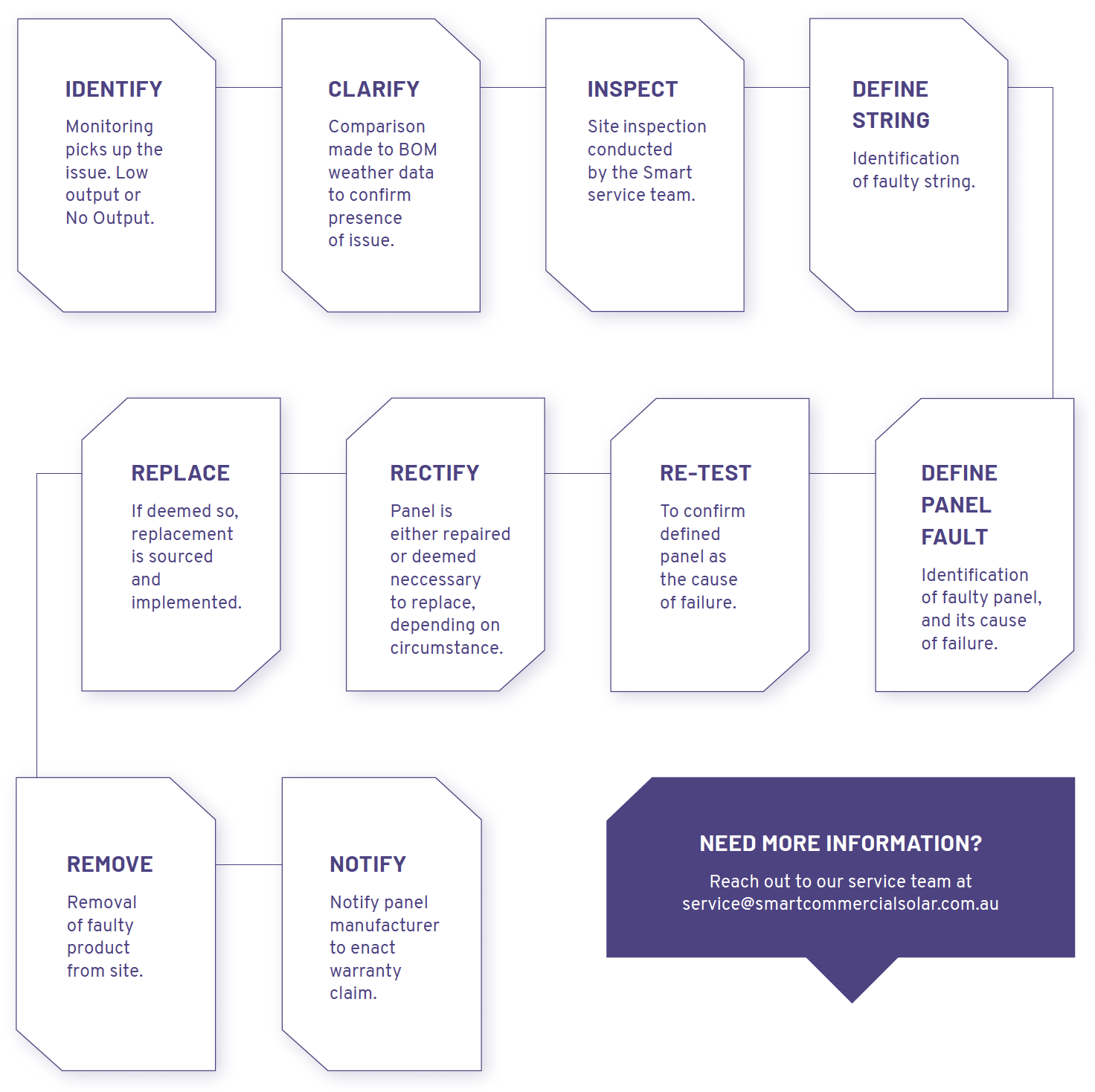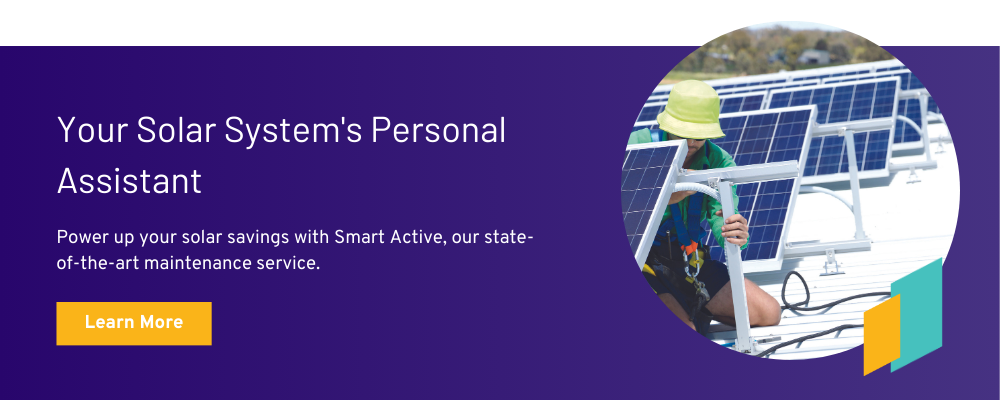Investing in solar panels is not only an environmentally conscious choice but also a long-term commitment. Understanding the warranties associated with solar panels is crucial for ensuring the optimal performance and durability of your investment. This article will guide you through the complexities of solar panel warranties, offering insights into issue rectification, the lifespan of solar panels, and what to consider after 25 years of use.
Understanding Solar Panel Warranty
10-Year Manufacturers Guarantee
The manufacturer's guarantee spans a decade, assuring that your solar panels are free from design, material, workmanship, or manufacturing defects. This guarantee ensures that your panels conform to the specified standards and drawings applicable at the time of purchase.
Issue Rectification
In case of defects or issues, solar panel warranties offer various solutions. This includes a refund of the historical purchase price, free repair of the defective product(s), or replacement with new or remanufactured equivalents, all depending on the nature of the problem.
How Long Should My Solar Panels Last?
Solar panels, when properly maintained, have an average lifespan of about 25 years. Understanding this longevity is essential for assessing the overall return on investment.
The lifespan of solar panels depends on various factors:
- Quality of Materials: High-quality materials enhance durability.
- Manufacturing Standards: Adherence to strict standards ensures longevity.
- Environmental Conditions: Temperature and weather affect performance.
- Installation Quality: Proper installation is crucial for optimal lifespan.
- Maintenance Practices: Regular cleaning and inspections prevent issues.
- Inverter Lifespan: Consideration of the inverter's lifespan is essential.
- Manufacturer's Reputation: Reliability of the manufacturer impacts longevity.
- Usage Patterns: Consider how solar panels are used, especially in off-grid installations.
- Physical Damage: Protective measures can mitigate risks.
- Technological Advances: Newer generations may offer improved durability.
Informed decision-making, regular maintenance, and consideration of these factors contribute to maximising the efficiency and lifespan of solar panels.
What Happens After 25 Years?
As solar panels reach the end of their lifespan, responsible disposal becomes crucial. The solar industry is progressing towards sustainable practices, with some manufacturers designing panels for easier recycling.
Specialised facilities now exist which can recycle solar panels, recovering materials like glass, metals, and semiconductors for reuse. Recycling minimises electronic waste, reducing the environmental impact of panel disposal. Proper recycling also ensures safe handling of potential hazardous materials like cadmium or lead in older panels.
To participate in responsible disposal:
- Check regulations: Adhere to local regulations for electronic waste disposal.
- Explore programs: Investigate take-back programs offered by manufacturers or installers.
- Consider global advice: Global organisations, like the International Renewable Energy Agency, are working towards international recycling guidelines
What Are Signs That My Solar Panels Need Replacing?
Identifying signs that indicate your solar panels need replacement is essential for maintaining efficiency. In addition to being aware of the age of the panels, keep an eye out for:
- Decreased energy production
- Physical damage
- Discolouration or burn marks
What Voids My Solar Warranty?
- Improper Installation: Improper installation can lead to performance issues and void warranties. Ensure your solar panels are installed by certified professionals to maximise their efficiency and maintain warranty coverage.
- Unauthorised Repairs: Attempting DIY repairs or unauthorised interventions may compromise the integrity of your solar panels. Learn about the risks involved and consider the debate between DIY and professional maintenance.
- Neglecting Maintenance: Regular maintenance is key to the longevity of solar panels. Neglecting routine checks and maintenance tasks may impact your warranty coverage. Speak to the team at our Smart Active division to discuss ongoing care to maximise the lifespan of your solar panels.
What is The Warranty Claim Process?
In case issues arise, a clearly defined warranty claim process is in place. This involves identifying the problem, submitting a claim with relevant documentation, manufacturer assessment, and resolution through refund, repair, or replacement. This process is designed to ensure a swift resolution to any potential problems.






